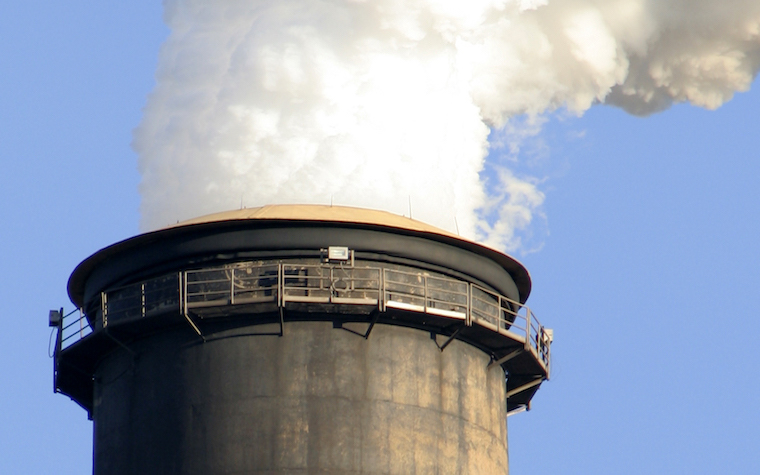The Environmental Protection Agency's (EPA) Renewable Fuel Standard (RFS) program was under scrutiny this week at a House Oversight Subcommittee on the Interior hearing.
The RFS requires that all transportation fuel in the U.S. contain a certain percentage of renewable fuel, for which ethanol is usually used.
U.S. Rep. Paul Gosar (R-AZ), chairman of the committee, opposes such mandates and said the RFS has led to higher food prices.
“The implementation of the RFS has ... created some unintended and adverse consequences," Gosar said. "The rapid expansion of biofuel production using corn has caused an increase in food prices, which in turn hurts the poorest and most vulnerable in society, both at home and abroad."
Gosar also said evidence suggests ethanol actually creates more greenhouse gas emissions than traditional fuel, thereby negating the intended purpose of the RFS.
“Furthermore, some studies have shown that current ethanol production may actually contribute to higher greenhouse gas emissions," Gosar said. "Accordingly, in a 2011 National Academy of Science study, EPA’s own emissions analysts found corn ethanol to have a higher life-cycle greenhouse gas emissions than that of gasoline. This is in direct contrast with the original RFS goal of improving air quality. These are just some of the problems that must be addressed as we examine the effectiveness and viability of the RFS as a program.”
In terms of volume, 16.28 billion gallons of ethanol was added to fuels in 2014, 16.93 billion gallons in 2015 and 18.11 billion gallons mandated in 2016.


 Alerts Sign-up
Alerts Sign-up